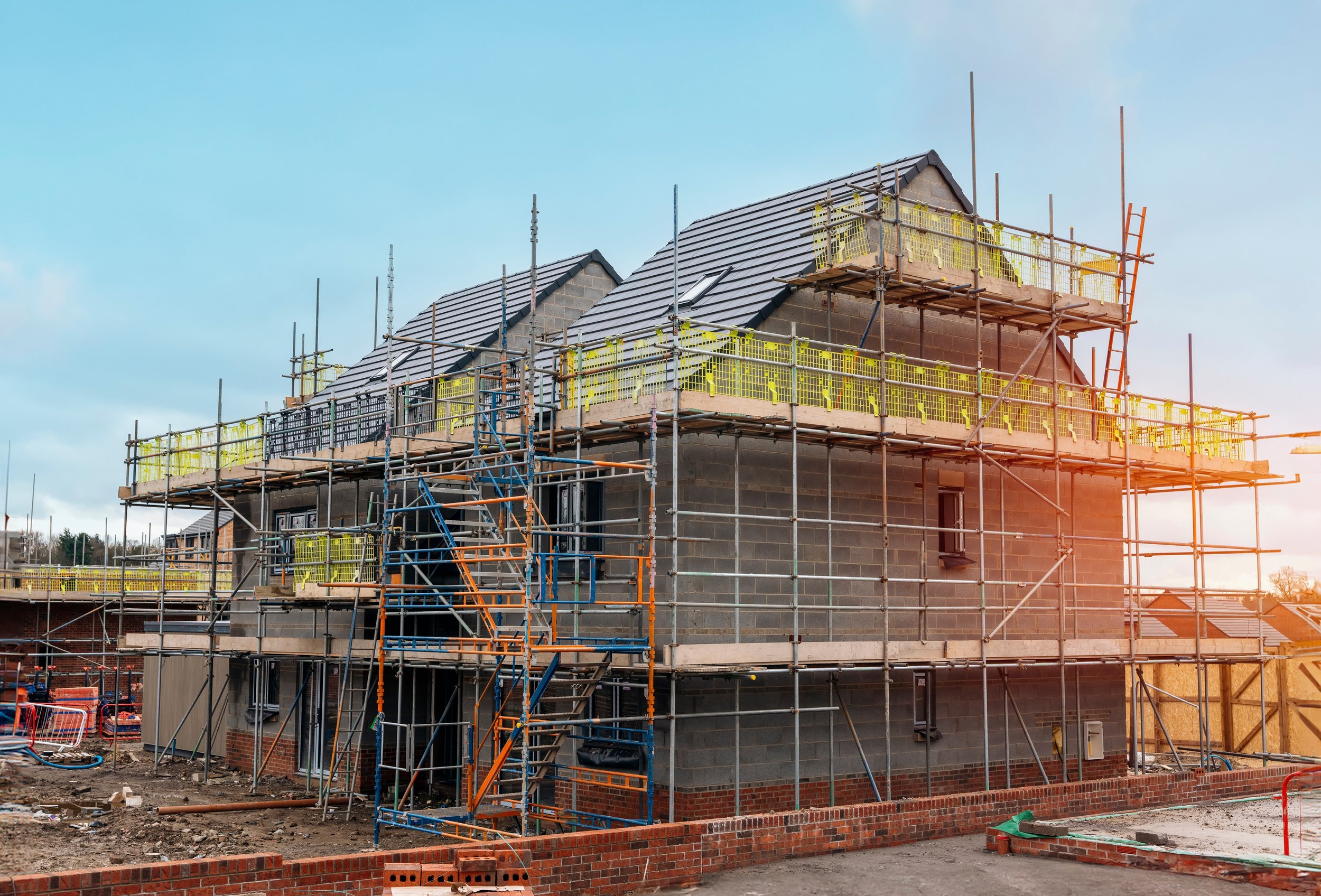
Does House Insurance Cover Roof Leaks?
A comprehensive guide outlining different types of cover and when home leaks are covered by insurance
Roof leaks can cause significant damage to a home, leading to costly repairs. Homeowners often wonder if their house insurance will cover the expenses associated with roof leaks.
The answer depends on several factors, including the cause of the leak, the specific terms of your insurance policy, and the condition of your roof. Here's an in-depth guide to help you understand how house insurance can cover roof leaks.
Different Types of Home Insurance Coverage
Home insurance policies typically consist of different types of coverage, including:
Dwelling Coverage: Protects the structure of your home, including the roof.
Personal Property Coverage: Covers personal belongings damaged by a covered event.
Liability Coverage: Protects you if someone is injured on your property.
Additional Living Expenses (ALE) Coverage: Pays for temporary living expenses if your home is uninhabitable due to a covered event.
When Roof Leaks Are Covered by Insurance
Home insurance policies generally cover roof leaks if they result from sudden, accidental events. Common covered perils include:
Storm Damage: Roof leaks caused by wind, hail, or heavy rain.
Falling Objects: Damage from falling trees or branches.
Fire: Damage caused by fire or smoke.
Vandalism: Damage resulting from vandalism or malicious mischief.
For example, if a storm damages your roof and causes a leak, your insurance policy is likely to cover the cost of repairs. Similarly, if a tree falls on your roof during a storm and creates a leak, your policy should cover the necessary repairs.
When Roof Leaks Are Not Covered
Insurance policies usually do not cover roof leaks caused by:
Wear and Tear: Damage due to age, lack of maintenance, or general wear and tear.
Negligence: Leaks resulting from neglected maintenance or failure to address known issues.
Pest Infestation: Damage caused by insects, rodents, or other pests.
Manufacturer Defects: Faulty materials or poor workmanship during roof installation.
For instance, if your roof is old and has not been properly maintained, any leaks resulting from this negligence are typically not covered. It's essential to perform regular maintenance and inspections to ensure your roof remains in good condition.
Filing a Claim for Roof Leaks
If you experience a roof leak and believe it is covered by your insurance policy, follow these steps to file a claim:
Document the Damage: Take photographs and videos of the roof damage and any resulting interior damage.
Contact Your Insurance Company: Notify your insurer as soon as possible to report the damage.
Schedule an Inspection: An insurance adjuster will likely visit your property to assess the damage and determine coverage.
Get Repair Estimates: Obtain estimates from reputable roofing contractors for the necessary repairs.
Review Your Policy: Understand your policy's terms, coverage limits, and deductibles.
Preventing Roof Leaks
Regular maintenance can help prevent roof leaks and ensure that your insurance policy remains valid. Consider the following tips:
Inspect Your Roof Annually: Look for missing or damaged shingles, cracked tiles, and signs of wear.
Clean Gutters and Downspouts: Ensure they are free of debris to prevent water build-up.
Trim Overhanging Branches: Prevent branches from damaging your roof during storms.
Address Issues Promptly: Fix minor problems before they become major issues.
Conclusion
House insurance can cover roof leaks if they result from sudden, accidental events like storms or falling objects. However, leaks caused by neglect, wear and tear, or other excluded perils are not typically covered. Regular maintenance and prompt attention to roof issues can help prevent leaks and ensure your insurance policy remains effective. If you experience a roof leak, document the damage, contact your insurer, and follow the necessary steps to file a claim. Understanding your policy's coverage can provide peace of mind and financial protection when unexpected roof leaks occur.
Top Articles
► Planning Permission for a New Roof
► Building Regulations for a New Roof
► Does a New Roof Add Value to Your Home?
► Does Insurance Cover Roof Leaks?
Roofing Materials Explained
► Code 3 and Code 4 Lead Flashing
► Slates
► Best Materials for Flat Roofs
Roofing Components
► Roof Ventilation for Flat Roofs
► What are Soffits and Fascias?
► What is a Fibreglass Flat Roof?
Common Guides
►How Much Does a New Roof Cost
► How to Find a Leak in Your Roof
► Why is my Velux Window Leaking?
► Planning Permission Velux Windows
► How to Clean Roof Tiles Without Pressure Washer
► Removing Moss from Roof Tiles
